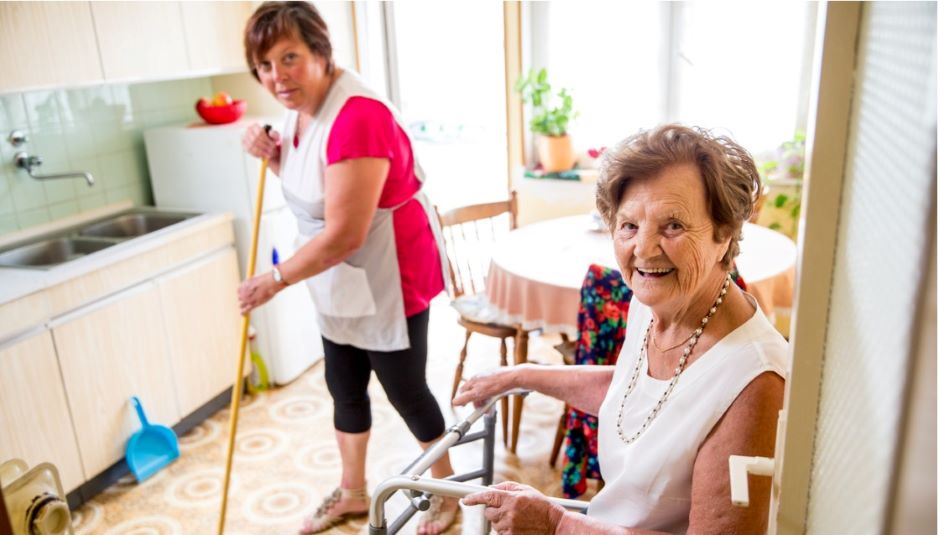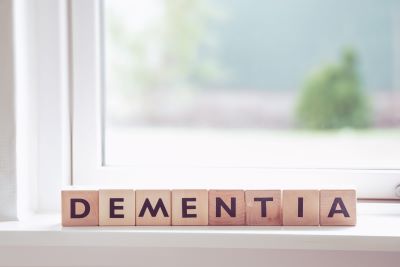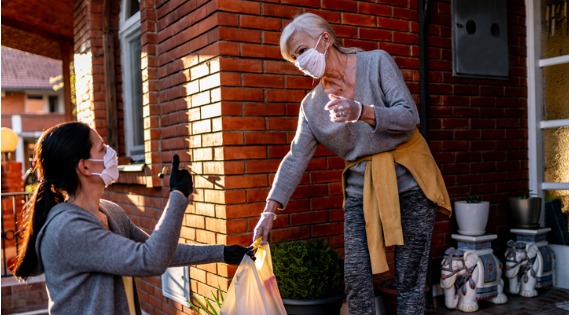Quick Summary (for Service Providers) 3-minute read
- Check that your client qualifies to receive support from My Aged Care.
- Book an Aged Care Assessment Team (ACAT) assessment to measure the person’s needs to continue living independently at home OR complete a Regional Assessment Service (RAS) Assessment online at My Aged Care website or phone 1800 200 422.
- Your client will receive what the assessment says about their needs. There are four categories of support.
- Help find out about Commonwealth Home Support and Home Care Package Providers in your area. See your local Primary Health Network or your State and location. Service NSW Aged Care Support Officers can also assist here.
- Your client starts receiving supports at home.
- Provide your client with the Aged Care Charter of Age Care Rights.
- Provide details on how to make a complaint, see the My Age Care complaints information and how to get advocacy help for older Australians see Older Persons Advocacy Network (OPAN) and Council on the Ageing (COTA).
What?
The Commonwealth Home Support Program (CHSP) is the start for most older Australians needing to access help to maintain safe, independent living in their own home. It is a universal entitlement, assessed by need, but not all services are free.
Where?
My Aged Care is the single door to open supports for most Australians aged 65 years and over, or 50 years and over for Aboriginal and Torres Strait Islander People. Note: People who are younger than 65 years are prematurely aged, or who are on extremely low incomes and at risk of homelessness or are already homeless can qualify for support. People living with disability and those with cognitive disability younger than 65 may qualify to access Home Care Supports.
See this eligibility infographic here.
It is a useful tool to introduce your clients, regardless of their language, literacy, or frailty to a fear-free and inclusive entry to the supports they may be able to receive.
Older Australians may use this themselves to deal directly with My Aged Care or alongside their carer, family member, or support person.
Supports
The supports and assistance chosen should meet the individual’s specific needs.
Life is not just chores, social supports are available to those who need them.
Supports may include all the ‘doing’ things such as cleaning, help in the shower and dressing, medication management, meal preparation, getting around and nursing or other healthcare support. Supports may include assistance to go shopping, assistance to maintain existing friendships, supports to stay engaged in faith practice, social groups and access to libraries and the supports to help the person maintain their connection with family and chosen families.


















